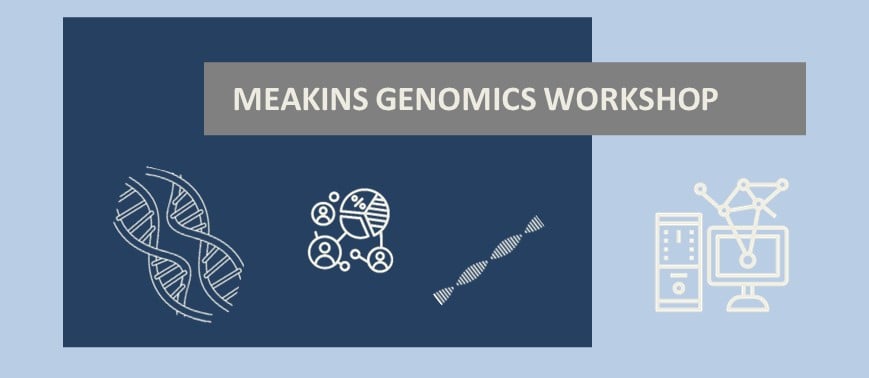
Position
Assistant Professor, Department of Medicine, McGill University
Research Interests
Our lab focuses on studying cell dynamics in various biological processes in many diseases (e.g., developmental disorder, pulmonary diseases, cancers). Decoding cell dynamics is essential for understanding the pathogenesis of diseases and finding novel therapeutics. The existence of enormous heterogeneity in those diseases makes it challenging to decipher the unknown.
The advancing single-cell technologies that profile individual cell states provide unprecedented opportunities to tackle this problem, which could drive biological discoveries and medical innovations in various fields (such as developmental and cancer biology). However, the single-cell data presents numerous new challenges in developing computational models that bridge the biomedical data and potential discoveries.
Our primary research is to develop machine learning approaches (particularly probabilistic graphical models) to jointly analyze, model, and visualize single-cell (and/or bulk) omics data (preferably longitudinal or spatial). Such computational models will be used to help us derive a deeper understanding of the cell dynamics in different biological systems, which will eventually benefit the public health with machine-learning driven new diagnostic and therapeutic strategies.
Jun Ding in the News

May 27, 2024: Tomotaka Nishizawa & Kailu Song
May 27, 2024 Work in Progress: Tomotaka Nishizawa (PDF with James Martin) and Kailu Song (PhD with Jun Ding).

MUHC Trottier Webster Innovation Award Goes to RESP Team
Congrats to Ben Smith, Jun Ding and Larry Lands! The team received the MUHC Trottier Webster Innovation Award for their work to repair damaged lungs in COPD.

Health Matters: Reprogramming lungs against COPD
MUHC Foundation Health Matters interview with Ben Smith discusses reprogramming COPD lungs and with Deborah Assayag discusses ILD

NSERC 2022 Research Grants Competition
Results from the 2020 NSERC Competition are out. Congrats to Jun Ding and Gregory Fonseca for their awards!

Meakins Genomics Workshop August 9-10, 2022
On August 9 & 10, 2022, Gregory Fonseca, PhD, and Jun Ding, PhD, of the Meakins-Christie Laboratories, will be offering a two-day introductory genomics workshop.

Muscular dystrophy and trained immunity
Basil Petrof, MD, and his research team, have uncovered a new mechanism of inflammation in muscular dystrophy, paving the way for the development of new therapies.
Contact Information
Meakins-Christie Laboratories
RI-MUHC, Block E
Office EM3.2212
1001 Decarie Blvd.
Montreal QC H4A 3J1
Canada
Tel: 514-934-1934 Ext. 76172 (admin)
Fax: 514-933-3962
E-Mail: jun.ding [at] mcgill.ca
Education & Training
MSc (Electrical Engineering), University of Science and Technology of China, 2010
PhD (Computer Science), University of Central Florida, 2016
PDF (Computational Biology), Carnegie Mellon University, 2020